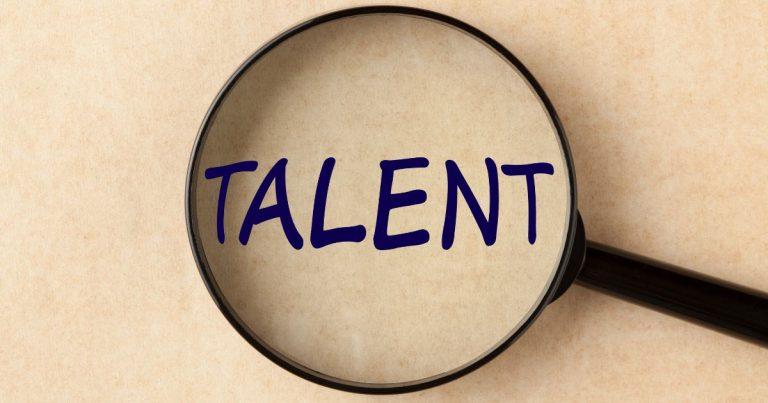Cognitive neuroscientist and music teacher Molly Gebrian says talent is not the key to success. What really matters is desire and hard work.
Scroll through any music or arts website, and one word will jump out at you again and again: talent.
As a society, we’re obsessed with the notion that some people ‘have it’, and others don’t.
Hence, journalists and critics love to write about ’emerging talent’, ‘rising talent’ and ‘established talent’.
But how accurate is the belief that successful musicians, writers or sportspeople have risen to the top of their field because of talent?
Have they truly been born with a gift? Or is their success down to something else – hard work?
I want to ban the word ‘talent’
According to music teacher and neuroscientist Dr Molly Gebrian, our fixation on ‘talent’ is misplaced and can sometimes be harmful.
“I want to ban the word ‘talent’ from the world because it only does damage,” Dr Gebrian tells the Singing Teachers Talk podcast.
“Calling a student talented is massively damaging, as is telling a student they have no talent.
“You can get to an exceptionally high level at literally any skill through practice. When students understand that, and the mechanisms by which the brain changes when they practise, it empowers them to take control of their own learning.
“It also stops them beating themselves up when they can’t do something or when something is hard for them. As teachers, we need to give our students that knowledge so they are empowered in their own practice and learning.”
Interest is the defining factor
Even though Dr Gebrian is a professional violist, music didn’t come easily to her.
“Growing up, there were other things that came easier to me, but none of them interested me as much as music, so I worked hard at it,” she says.
“Everybody has things that they are naturally drawn to, that are more interesting to them – and that’s a powerful thing that will drive practice.
“Yes, practice can be frustrating, especially when something isn’t going well. It’s your internal drive to learn that will keep you going through that difficult time.”
The role of genetics
Dr Gebrian acknowledges that some people learn faster than others.
And some are more physically suited to a specific activity (for example, someone with long fingers may find it easier to reach the keys on a piano).
But in the long run, passion is the biggest driver of success.
“It doesn’t matter your initial skill level or how easily something comes to you,” she says.
“If you have the desire to do that thing, then you can pursue it to the highest level.
“If someone has an interest in something and it’s very hard for them, they can still get very good at it. It’s just going to be a different timeline than someone else.”
Learn more
Tune into our two-part interview with Dr Gebrian, where she also discusses:
- How we can use the principles of good practice to re-frame self-beliefs.
- The importance of taking breaks during practice.
- The practice methods that yield progress and the ones that embed bad habits.
Image credit: Canva
Image credit: Canva




